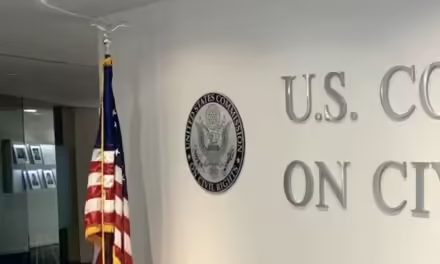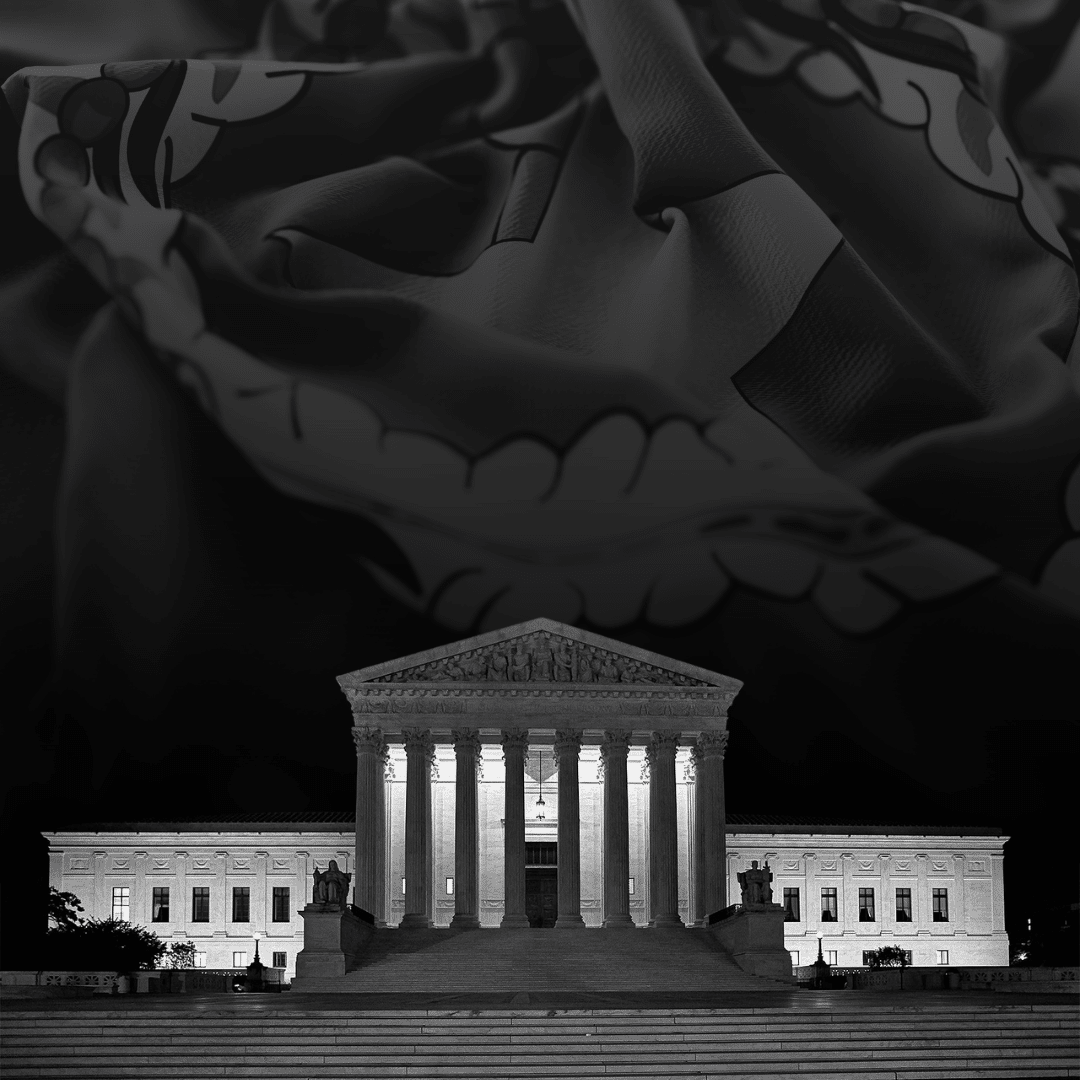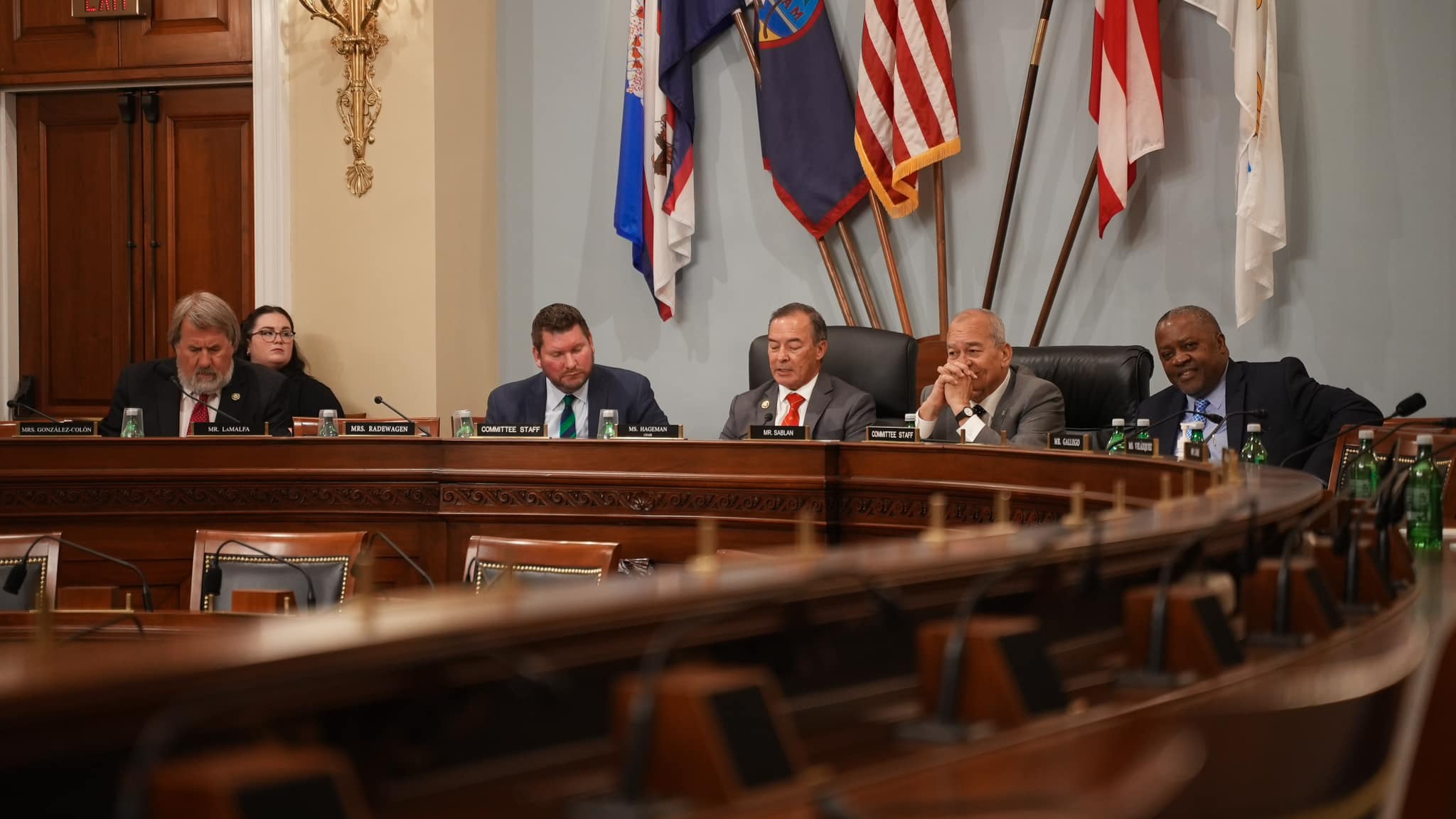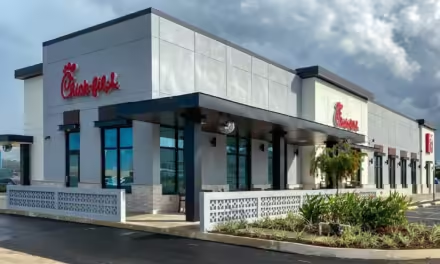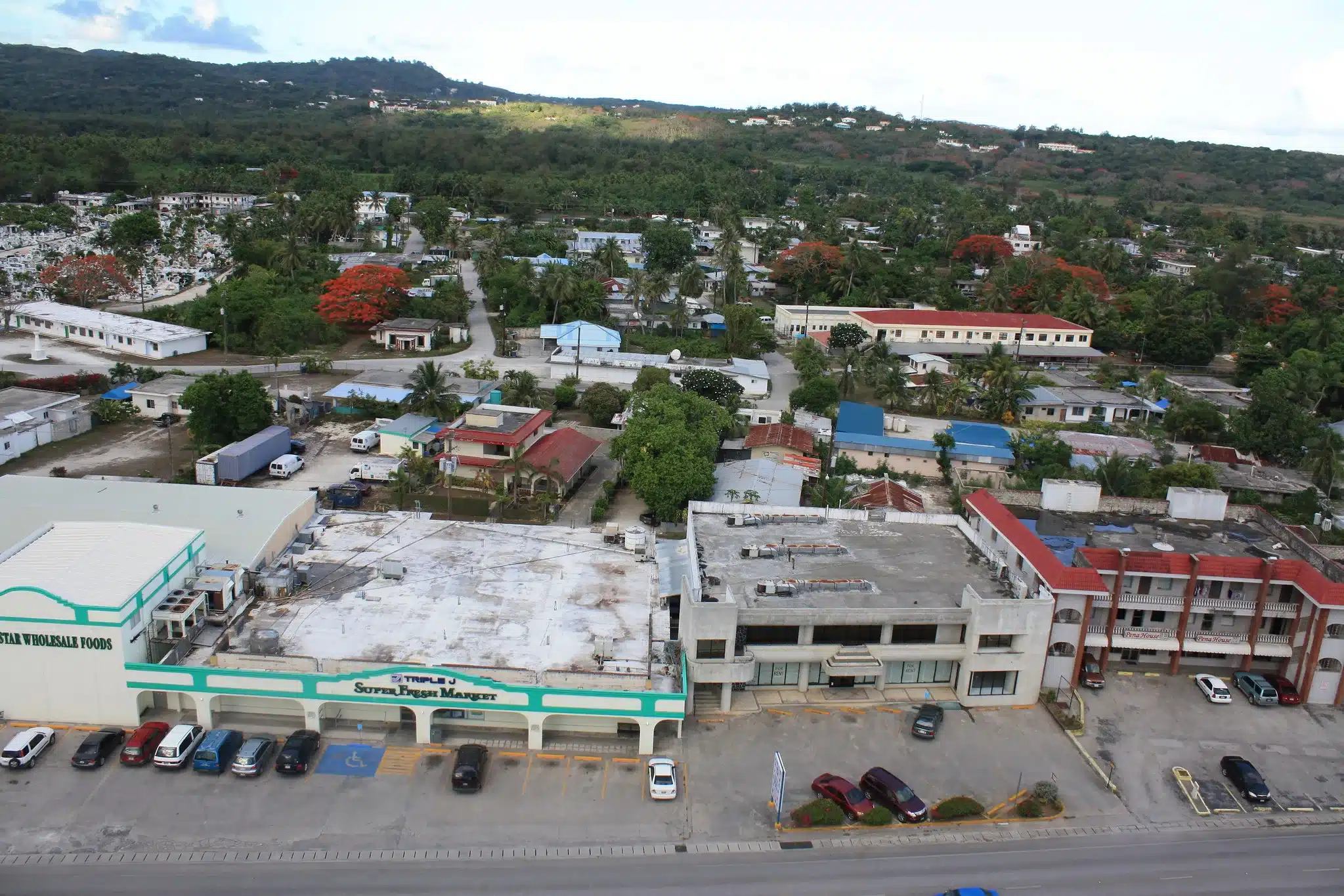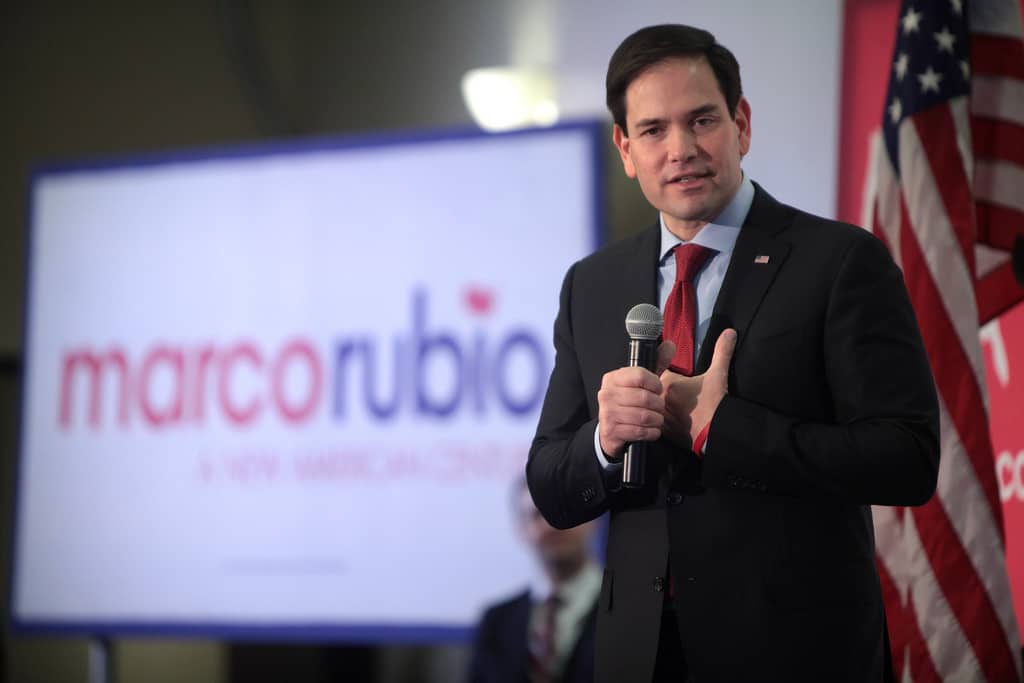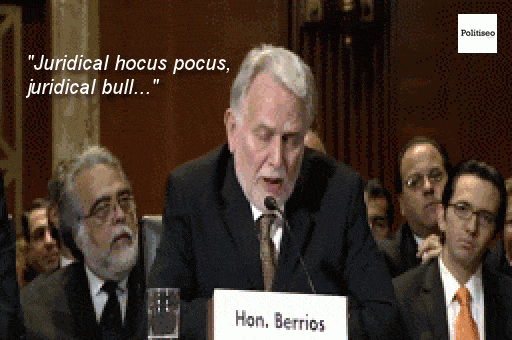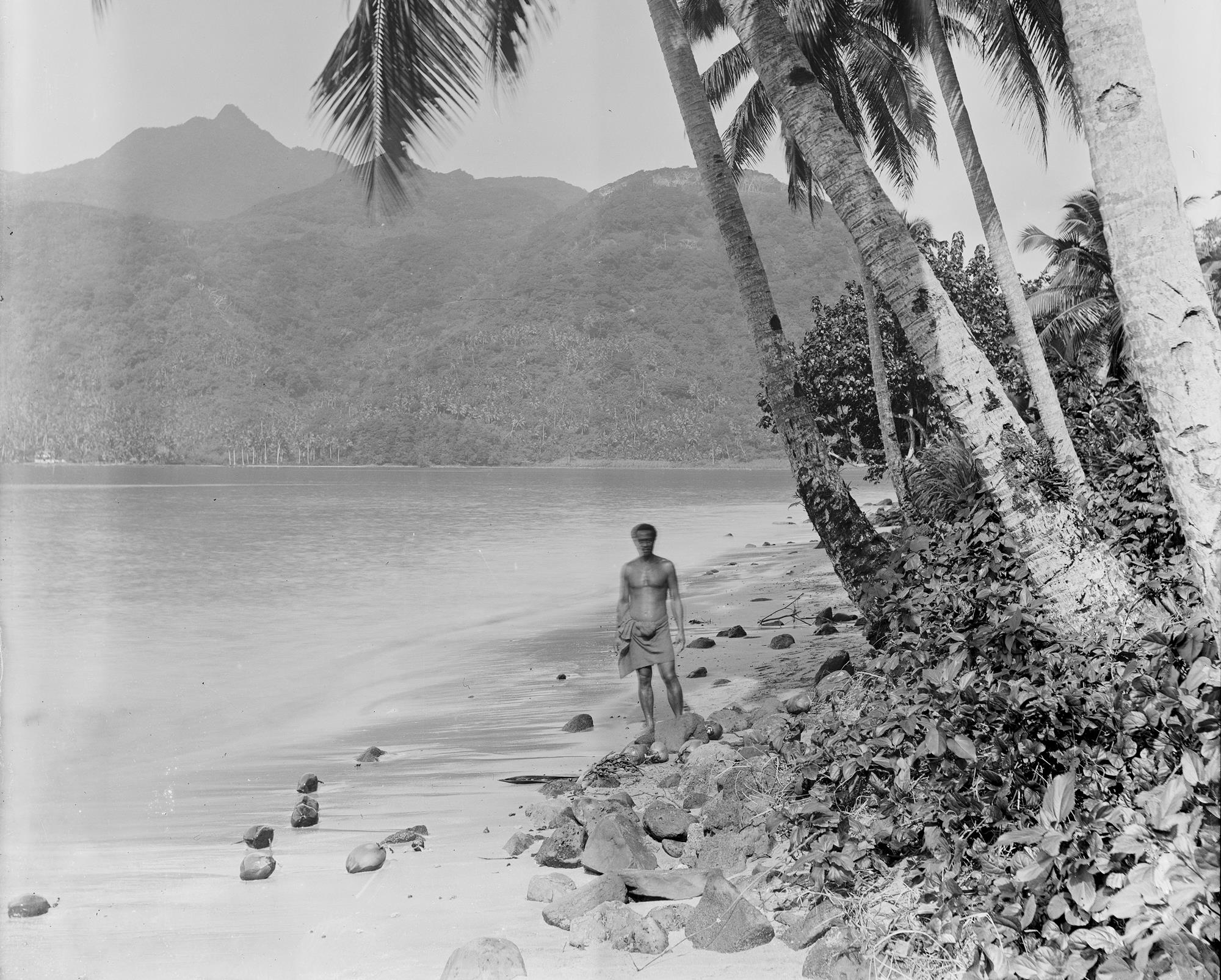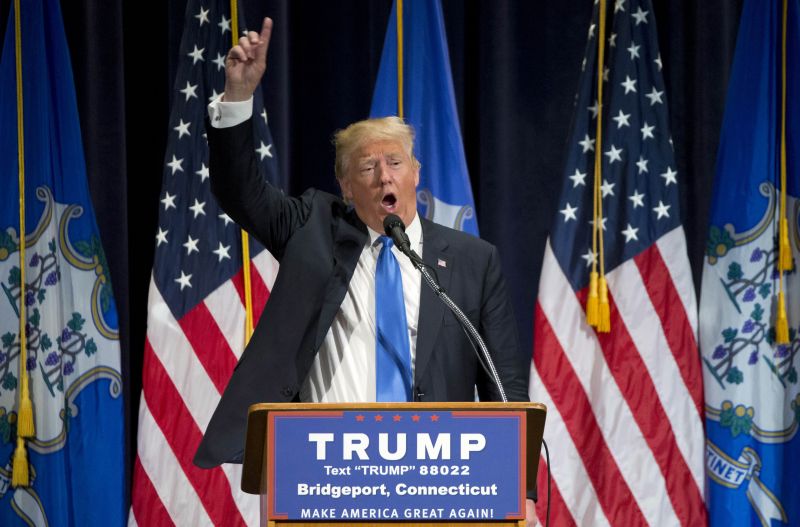One hundred and three Republican delegates are already locked up and Donald Trump has secured a majority of them (67). With Super Tuesday and its delegate-rich states looming, it appears it is now or never for current third-place contender Marco Rubio to make a move in the polls to surpass Trump and Ted Cruz. Since New Hampshire Rubio has been gaining on Cruz, narrowly surpassing him in South Carolina for a second place finish. Rubio is likely to gain needed momentum from recent major party endorsements and other “establishment” candidates dropping out such as Bush and Christie who are expected to endorse him.
With all of his momentum, Puerto Rico has the potential to be a pivotal turning point for Rubio’s candidacy. Not only does Puerto Rico carry 23 delegates in the Republican primary, which is equal to or greater than 5 U.S. states, a win here has the potential to be a dispositive factor for providing some much needed boost and catapulting Rubio to the nomination as Puerto Rico could likely become his first victory. Puerto Rico currently has no primary polling, however, the PredictIt political markets currently project Rubio as a clear front runner in the US territory. PredictIt currently has Rubio shares valued at $0.71 a share ahead of Trump and Cruz with $0.24 and $0.04 a share, respectively. This lead can be translated to a Rubio lead of more than 10% in Puerto Rico by extrapolating from trends in polling and political markets of states with recent polling such as Georgia, Nevada. Without polling and given the fickle nature of the electorate this campaign cycle, there is significant uncertainty whether he has such a large lead or any lead at all. It is still illuminating, however, that a majority of people willing to bet on the primary are predicting Rubio is the frontrunner.
Factors contributing to his lead include his Hispanic heritage (Cuban, same as Cruz), campaigning in San Juan and delivering a speech in Spanish late last year, promising as president he would assist Puerto Rico by supporting statehood, making the Earned Income Tax Credits available to the territory, doubling the Child Tax Credit, and repealing and replacing Obamacare with a system putting Puerto Rican citizens on equal footing. Rubio’s Strong performance in political markets could also be traced to the endorsement of former Republican governor of Puerto Rico Luis Fortuño and the tendency of Puerto Rico to select the nominee based on the endorsement of party leadership. Rubio, however, has stated his opposition to providing Puerto Rico the same bankruptcy protection available to towns and cities on the mainland. This position, still has the potential to haunt Rubio in Puerto Rico and delegate-rich Florida, where approximately 1 million Puerto Ricans live.
Puerto Rico is pivotal for Marco Rubio because if he can win decisively here, he demonstrates he has the clout to win significant support from the Hispanic community, a large community in Florida, New Jersey, New York, and California, as well. That fact, in conjunction with securing influential endorsements, such as Mitt Romney (who won 86% of the Puerto Rican vote in 2012) who will likely be endorsing him soon as reports indicate, and further “mainstream” dropouts could potentially push Cruz out of the race, paving the way for Rubio to take on Trump head to head for the nomination. Picking up a major win in Puerto Rico will not guarantee the nomination, but Rubio’s team understands the momentum a major win here, along with other factors, will bring to his campaign. Keep your eye out for March 6th.

